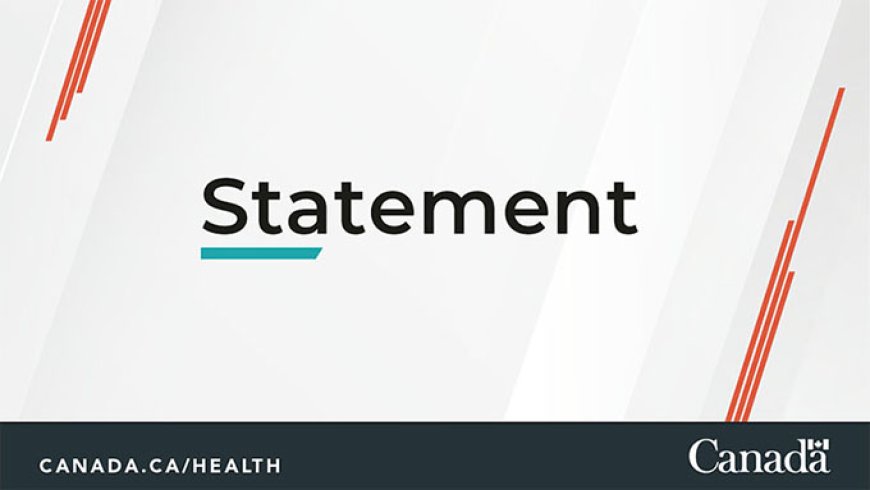Latest National Data on Substance-Related Harms Released by Health Officials
Health officials have released the latest data on substance-related deaths and harms in 2024, revealing a decrease in opioid-related deaths but still high numbers. Regional differences show varied impacts across different provinces and territories, with Indigenous communities facing disproportionate harms. Understanding these trends is crucial for tailoring prevention and intervention strategies to save lives and improve population health.

The overdose crisis, driven by a toxic illegal drug supply, is a serious public health crisis in Canada. Powerful drugs like fentanyl have been flooding the illegal drug market, leading to devastating impacts on families and communities. The latest data from 2024 reveals alarming statistics: 7,146 opioid-related deaths, 5,514 hospitalizations, 36,266 EMS responses, and 24,587 ER visits.
While there was a 17% decrease in opioid-related deaths in 2024 compared to 2023, regional disparities persist. Some provinces saw decreases, while others experienced little change or increases. Indigenous communities, especially Indigenous women, have been disproportionately affected due to historical marginalization.
Understanding the reasons behind these trends is crucial for developing targeted prevention strategies. Some regions attribute the decrease in deaths to a lower toxicity in the drug supply. However, there has been a rise in deaths involving substances other than opioids.
An average of 20 people died daily from opioid toxicity in 2024, emphasizing the urgent need for population-centered responses. Collaborative efforts across prevention, treatment, harm reduction, and enforcement are essential to address this complex crisis and save lives.
Since 2016, a national surveillance system has been in place to monitor the drug toxicity crisis and its impact. Collaboration between various sectors is vital to identify emerging needs and health inequities, especially among disproportionately affected populations.
The joint statement from the Council of Chief Medical Officers of Health and the Chief Coroners and Chief Medical Examiners underscores the importance of data collection and collaboration in addressing substance-related harms in Canada.
What's Your Reaction?
 Like
0
Like
0
 Dislike
0
Dislike
0
 Love
0
Love
0
 Funny
0
Funny
0
 Angry
0
Angry
0
 Sad
0
Sad
0
 Wow
0
Wow
0




















































































































































